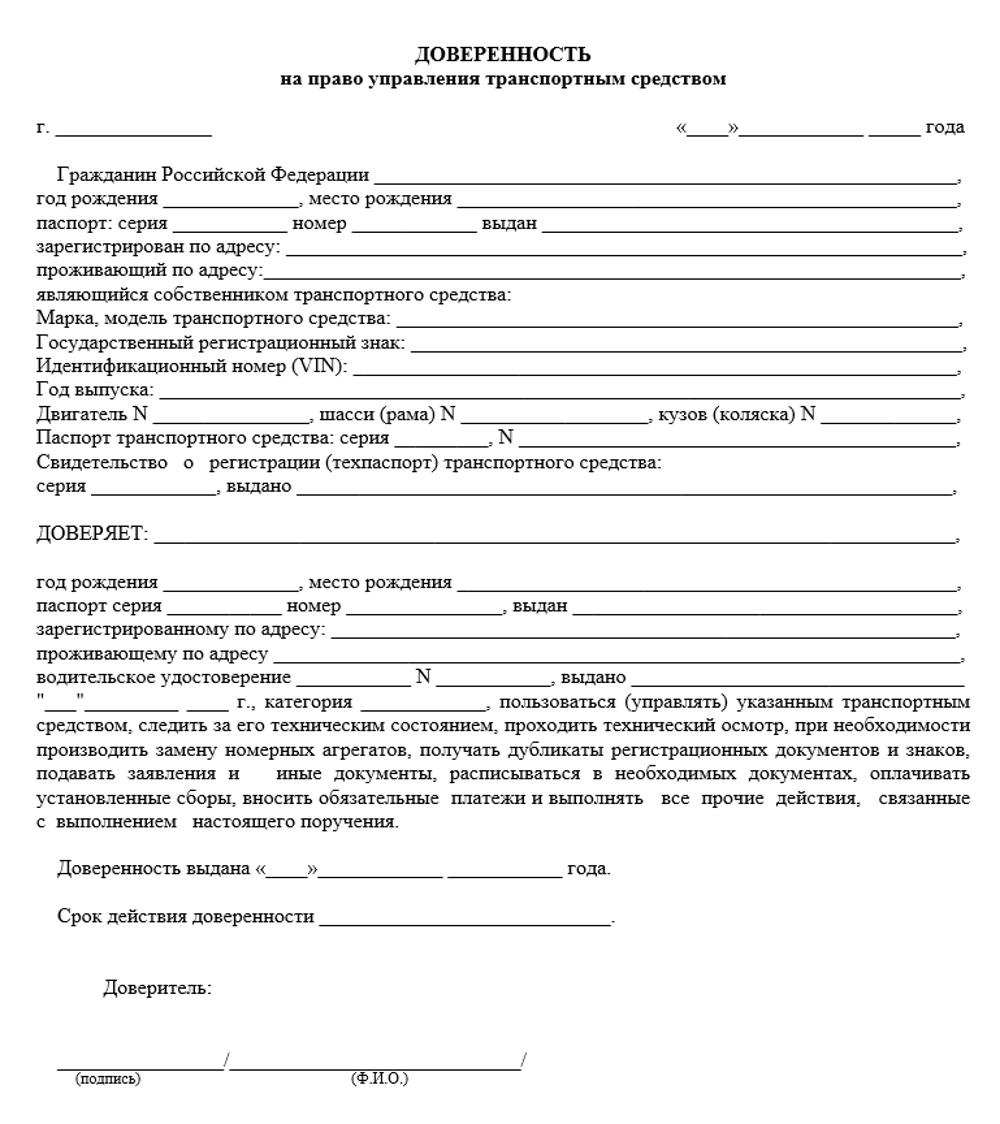Blank Doverennosti Dnr

The American Heart Association in 2005 moved from the traditional do not resuscitate (DNR) terminology to do not attempt resuscitation (DNAR). DNAR reduces the implication that resuscitation is likely and creates a better emotional environment to explain what the order means. Allow natural death (AND) is the name recommended in some settings to make the meaning even clearer. Most hospitals still use the obsolete DNR term. Medical staffs should consider moving to DNAR and in some settings to AND. Language is important.
Minnesota Department of Natural Resources Online License Sales. DNR home > Buy a license. Licenses, applications & permits. Purchase the following: Fishing, Hunting and Trap Licenses. If you purchase a license now it will be for the remaining 2018 license year. Licenses for the March 1st 2019 license year do not go on sale until February. North Carolina Do Not Resuscitate and MOST Form Policy: Any patient presenting to any component of the EMS system with a completed North Carolina Do Not Resuscitate (DNR) form (yellow form) and/or MOST (Medical Orders for Scope of Treatment) form (bright pink form) shall have the form honored. Treatment will be limited as.
INTRODUCTION Physicians involved in the curative or palliative care of patients at the end of life know that good communication is part of that care. A time will come when each of us is no longer the attending physician but the frail patient at the end of life. Wic reset key for epson l210 crack. We will be on the other end of the discussion about how we want the end to come: Do we want our chest pounded on, our heart shocked with a defibrillator, or our throat filled with an endotracheal tube?
As physicians, we realize those discussions often do not happen when it is obvious to the doctors that cardiopulmonary resuscitation (CPR) will help and the patient will likely return to a good life. Discussions about code status usually happen when it is doubtful that the benefits of the interventions outweigh the burdens, even though national guidelines recommend that every person admitted to the hospital be asked about code status.
No CPR/advanced cardiac life support (ACLS) hospital orders are inherently anomalies. Before medical interventions, a physician obtains informed consent. Patients need to know the pros and cons of the proposed intervention and must consent to it. Doing something to patients without their consent may be deemed assault and battery under the law.
We should never force an intervention, such as a cancer resection, on patients without their consent even if it is life saving. However, CPR turns informed consent on its head.
Because the code situation occurs when the patient cannot give consent and with no time to ask surrogates, providers presume that patients want resuscitation attempts unless they have established beforehand that they do not. Boozang suggests eliminating the presumed consent approach by having explicit discussions with all patients at hospital admission, as recommended by the American Heart Association (AHA).
COMPETING TERMINOLOGY The explains the meaning of do not resuscitate (DNR), do not attempt resuscitation (DNAR), and allow natural death (AND) orders., These are different names for the same hospital order that says “Do not call a code or perform CPR when the person's heart stops beating or lungs stop breathing.” The hospital order should correspond to a note in the chart that documents the discussion with the patient and family and details the essential points of the discussion, such as the patient's values and wishes for quality of life that led to the decision. The AHA's definition of this hospital order is. A Do Not Attempt Resuscitation (DNAR) order is given by a licensed physician or alternative authority as per local regulation, and it must be signed and dated to be valid. In many settings, “Allow Natural Death” (AND) is becoming a preferred term to replace DNAR, to emphasize that the order is to allow natural consequences of a disease or injury, and to emphasize ongoing end-of-life care. The DNAR order should explicitly describe the resuscitation interventions to be performed in the event of a life-threatening emergency.
- среда 06 марта
- 30